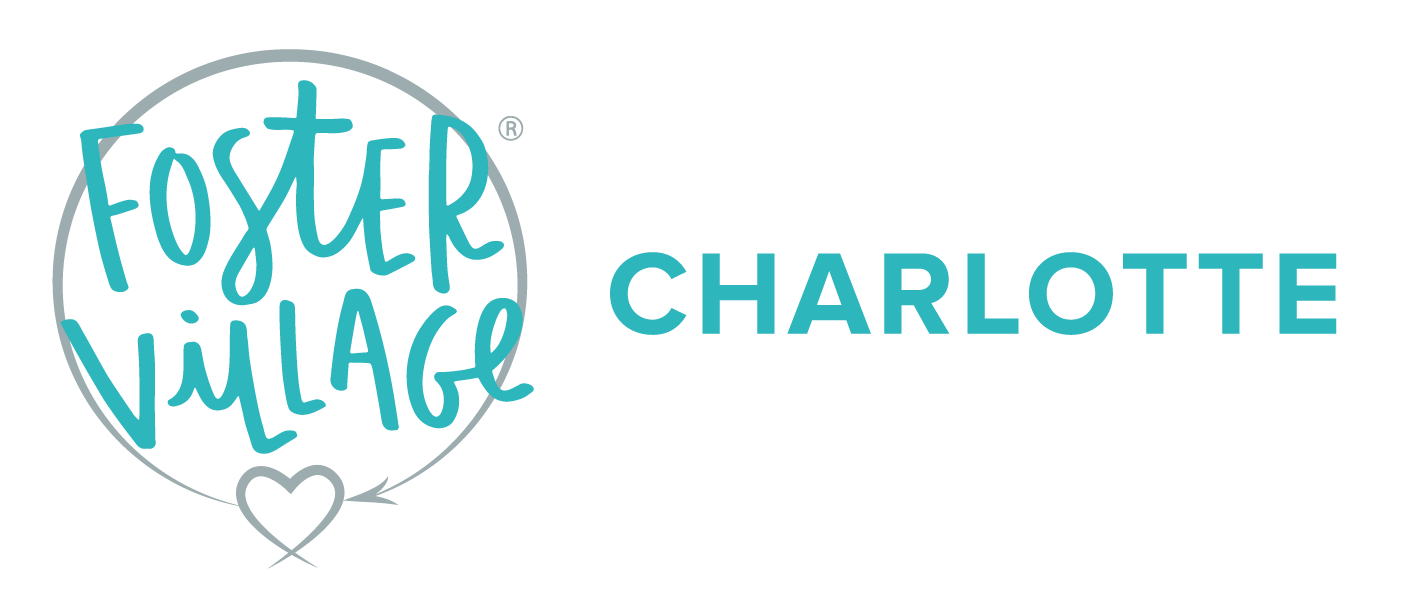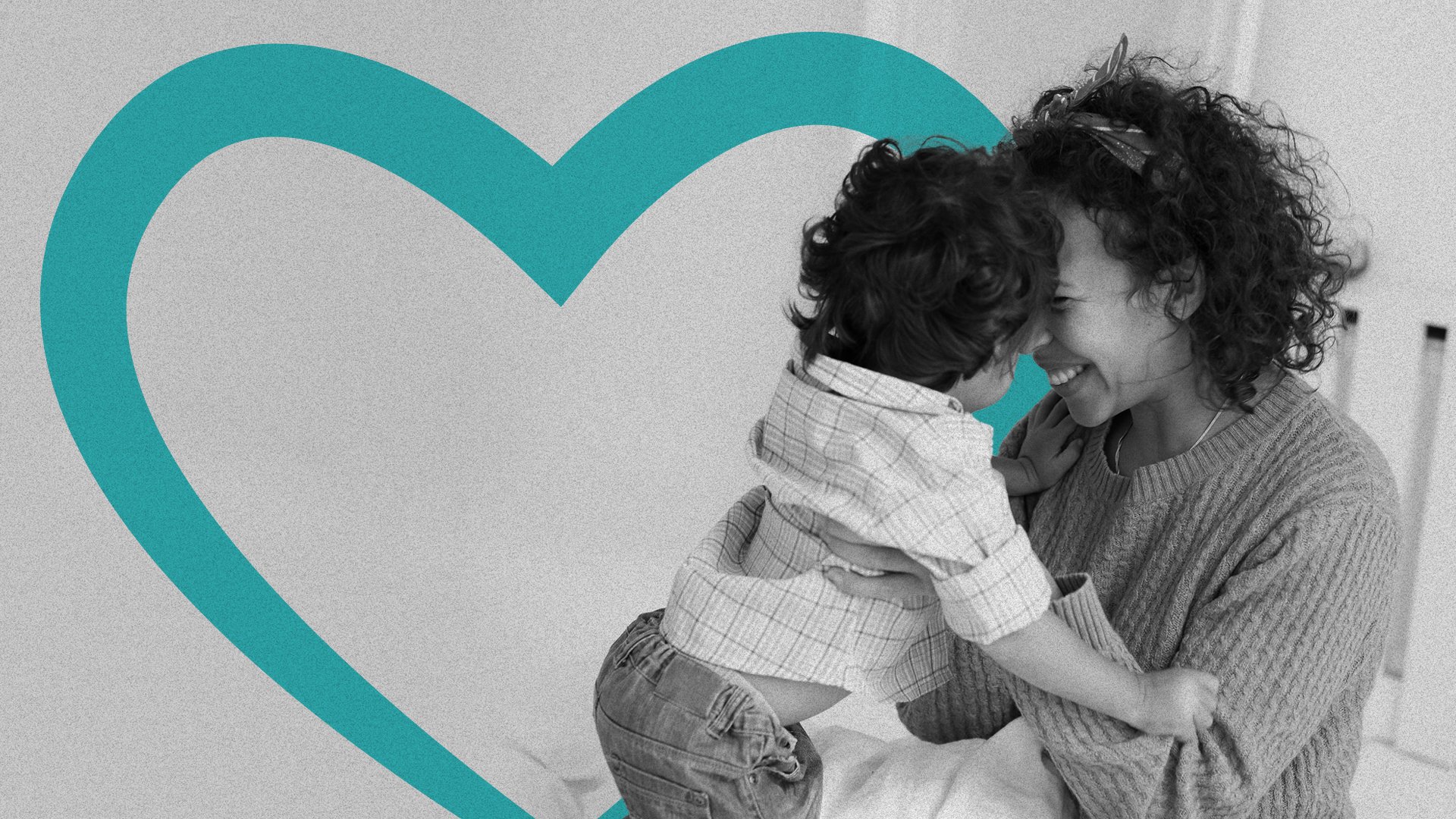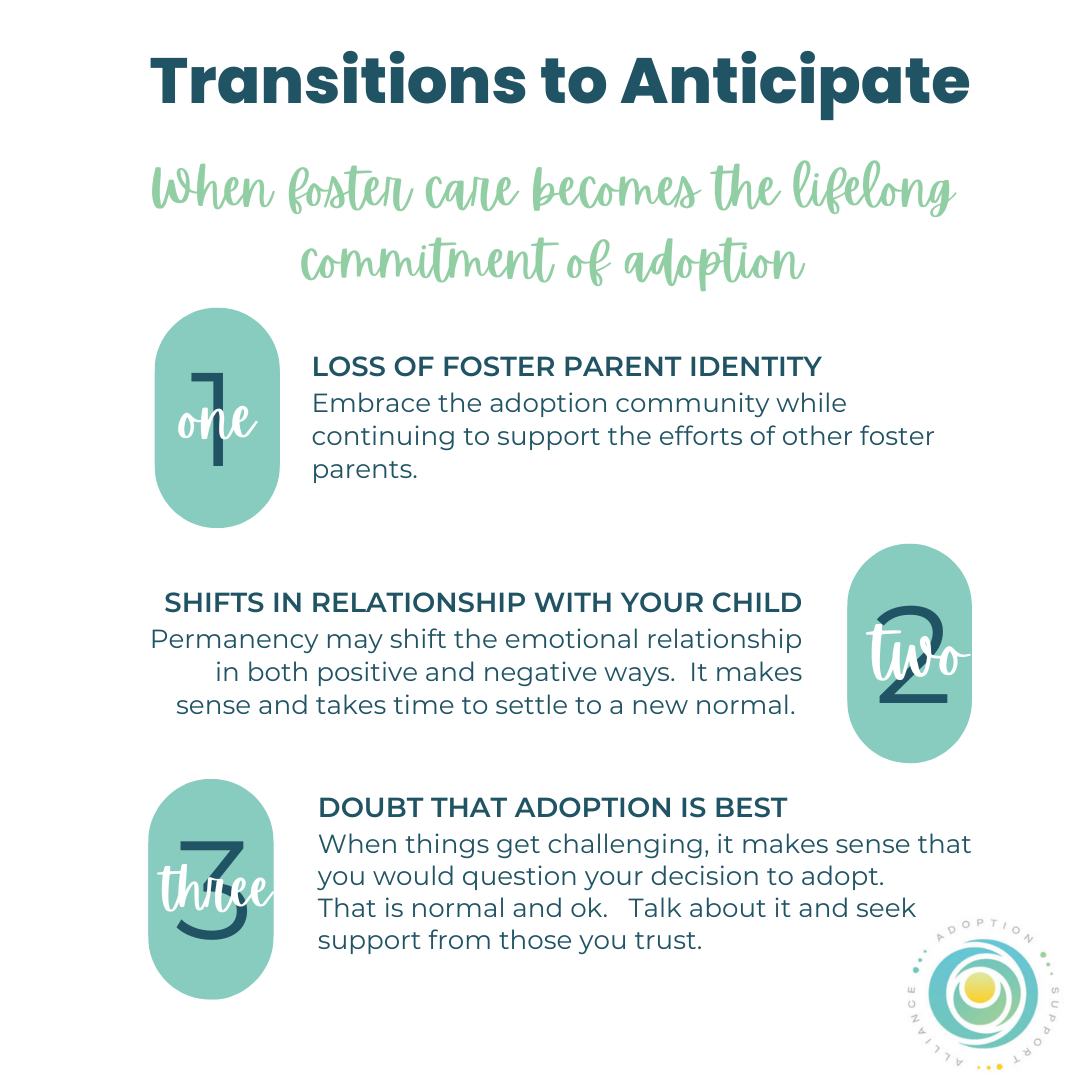Transitions to Anticipate: When Foster Care Becomes the Lifelong Commitment of Adoption
This month, we’re showcasing our collaborative partner, Adoption Support Alliance. Did you know that we host a monthly virtual support group for families that have adopted out of foster care? Erin Nasmyth facilitates this group for us, and we are grateful to have a partner who understands the complexity that adoption and foster care can bring, especially at the intersection.
My name is Erin Nasmyth, and I’m a licensed clinical social worker (LCSW) and the Co-Founder and Executive Director of Adoption Support Alliance (ASA). At ASA, we’ve spent the last 10 years helping adoptive families, many of which have been involved in the foster care system, through the unique challenges of building their forever families.
When you’re trained as a foster parent, it’s emphasized emphatically that foster care is designed to be temporary. After all, the best-case scenario for all involved is for it to be safe and healthy for children to return to the care of their biological parents, and reunification is always the first goal of foster care. Unfortunately, we also know that sometimes it’s not in the best interest of the child to reunify, and the child’s permanency goal becomes adoption. The most recent statistics available from the Adoption and Foster Care Analysis and Reporting System (AFCARS) indicate that, in North Carolina, 24% of the 11,258 children in foster care have a permanency goal of adoption. In addition, 27% of children who were discharged from foster care in North Carolina exited because they were adopted. So, while adoption isn’t the intended or even desired outcome of foster care, it does happens with significant regularity.
At ASA, we believe that if you can anticipate challenges, you can be better prepared for them and overcome them more easily. So, we aim to be truthful so that when you feel these perhaps difficult transitions as some of you become adoptive parents, you’ll recognize them, feel less shame or guilt, and not feel alone in the “hard”!
As parents, many of us are familiar with the idea that transitions can be difficult for our children. We’re taught to anticipate our child’s needs during a transition, and experts provide numerous tips for how to make transitions successful. As adults, we’re not immune from the discomforts transitions can bring! Even when the transitions are positive, like making a legal commitment to bring a child into your family forever, transitions can be challenging for adults too! Throughout my career at ASA and in various capacities working in foster care and child mental health systems, I’ve observed some transitions that parents face when moving from foster care to adoption.
TRANSITION: There can be a significant loss of identity when you can no longer claim the role of foster parent.
While there are downsides to being a part of the foster care system, (I know many families who rejoice in the ending of caseworker visits and the need to get permission for family trips out of state) there’s also a sense of belonging that comes from being part of a system designed to protect and help others. As a foster parent, you have a meaningful, fulfilling job and that role, that piece of your identity, can be hard to let go of.
EASE THE TRANSITION: Embrace the adoption community while continuing to support the efforts of other foster parents, even when you’re no longer in a position to open your home to additional children.
At ASA, connection is foundational to all we do. Individually, we’re building strong, thriving families, but together, we’re building a community. Check out our upcoming events, follow us on Facebook and Instagram, and find ways to get involved. In partnership with Foster Village Charlotte (FVC), we’re hosting Adoption Honoring Celebrations at regular intervals to celebrate your child’s adoption and embrace you into the adoption community.
And even if you’re no longer an active foster parent, FVC has many ways you can support the efforts of those who do have children experiencing foster care in their homes. Remember – you can always be a part of the foster care community without being an active foster parent!
TRANSITION: There can be a significant shift in your relationship with your child when you can rest in the fact that they will be in your family forever.
Inevitably, when your relationship with a child is temporary, there’s something that we naturally withhold emotionally; it’s human and done for our protection. Of course, your outward actions are the same — as a foster parent, to meet your children’s needs physically and emotionally, you’re nurturing and you provide structure and discipline to your child. Nevertheless, many find there’s something different in the way they begin to engage when they know a relationship is permanent. These can be positive feelings (e.g., increased feelings of safety, deeper emotional engagement, more complete love) and some can be negative feelings (e.g., fear for the future, overwhelm, loneliness).
EASE THE TRANSITION: Recognize the transition in yourself and give yourself permission to feel all the feelings. Be aware of how your worry about the future may increase, how you might take behaviors more personally, or how you may give more emotionally to your child. Love deeply, plan for the future with hope, and take joy in the safety that permanency brings. It makes sense that these shifts would happen emotionally after such a significant change in your legal relationship. When appropriate, depending on your child’s developmental level, verbalize what’s happening for you because it models for your child how they can care for their own emotional shifts after the adoption (they will have them too!)
TRANSITION: As your child becomes more comfortable and feels safer sharing underlying negative feelings, their behaviors can become more challenging. In the hardest moments, you may question whether this lifetime commitment was the best decision for you and/or your child.
EASE THE TRANSITION: It makes perfect sense to have these thoughts and doubts. Again, your child will likely have moments like this too. Create room for you to express these things with a trusted adult and room for your child to express mixed emotions within your family. Most likely, the doubts and fears will ease as you get through the challenges. If they do not, reach out for professional support. You’re not alone in any of the challenges adoption may bring.
Other Helpful Resources on this Topic:
Helping Your Child Transition Smoothly from Foster Care to Adoption (Creating a Family)
Foster Family to Forever Family (Adoption Learning Partners)
Adoption Grief (Robyn Gobbel)
Adoption is Both by Elena S. Hall


